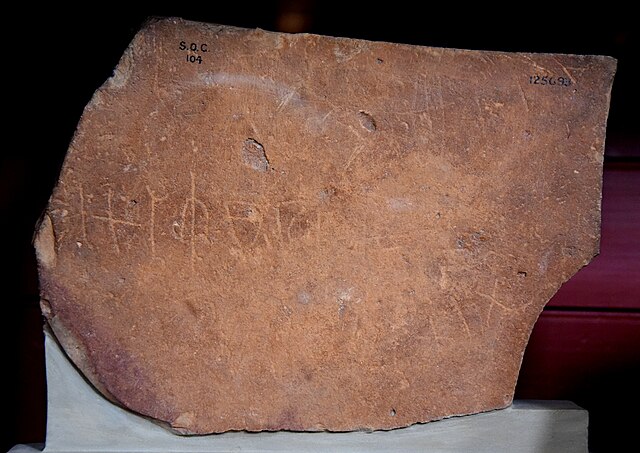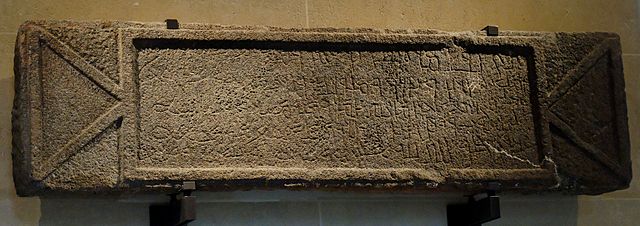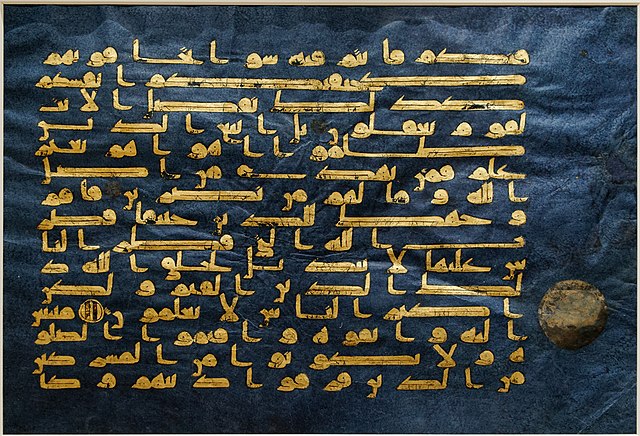The Bedouin, Beduin, or Bedu are pastorally nomadic Arab tribes who have historically inhabited the desert regions in the Arabian Peninsula, North Africa, the Levant, and Mesopotamia (Iraq). The Bedouin originated in the Syrian Desert and Arabian Desert but spread across the rest of the Arab world in West Asia and North Africa after the spread of Islam. The English word bedouin comes from the Arabic badawī, which means "desert-dweller", and is traditionally contrasted with ḥāḍir, the term for sedentary people. Bedouin territory stretches from the vast deserts of North Africa to the rocky ones of the Middle East. They are sometimes traditionally divided into tribes, or clans, and historically share a common culture of herding camels, sheep and goats. The vast majority of Bedouins adhere to Islam, although there are some fewer numbers of Christian Bedouins present in the Fertile Crescent.
Bedouin wedding procession in the Jerusalem section of the pike at the 1904 World's Fair.
Bedouins in the Sinai Region, 1967
A Bedouin girl in Nuweiba, Egypt (2015)
A Bedouin warrior, pictured between 1898 and 1914
Arabic is a Central Semitic language of the Afroasiatic language family spoken primarily in the Arab world. The ISO assigns language codes to 32 varieties of Arabic, including its standard form of Literary Arabic, known as Modern Standard Arabic, which is derived from Classical Arabic. This distinction exists primarily among Western linguists; Arabic speakers themselves generally do not distinguish between Modern Standard Arabic and Classical Arabic, but rather refer to both as al-ʿarabiyyatu l-fuṣḥā or simply al-fuṣḥā (اَلْفُصْحَىٰ).
Safaitic inscription
The Namara inscription, a sample of Nabataean script, considered a direct precursor of Arabic script.
Arabic from the Quran in the old Hijazi dialect (Hijazi script, 7th century AD)
The Qur'an has served and continues to serve as a fundamental reference for Arabic. (Maghrebi Kufic script, Blue Qur'an, 9th–10th century)








